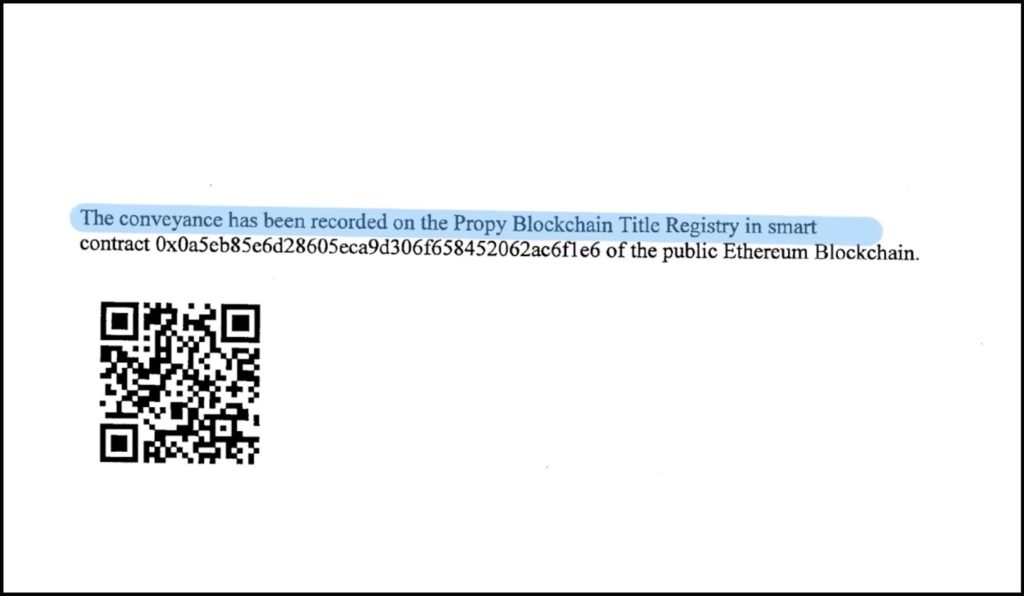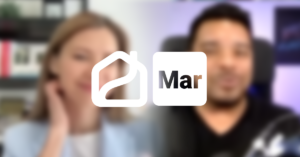
No real estate transaction is complete without a deed registration. It is the process by which an official written record of the transaction, including basic information about the property and the transfer of ownership, is filed with the government. In the United States, registering a deed typically involves a title or escrow agent physically delivering the document to the appropriate county office where it is recorded in a register. The tradition has lasted centuries, but it is tedious and fraught with risk. In contrast, blockchain deed registration offers a better way.
What Is Blockchain Deed Registration?
Blockchain deed registration leverages technology to secure and streamline the recording process. Unlike a paper document, which can be misplaced, a blockchain entry is witnessed by decentralized actors and cryptographically secured. Once an entry is on-chain, any attempt to falsify or erase it will be rejected by subsequent blocks.
Blockchain also accelerates the filing process. Rather than wait for an agent to deliver a deed personally, a blockchain-based smart contract can be written to automatically update the register as soon as agreed-upon conditions are met.
Peace of Mind for Buyers
Above all, blockchain brings transparency to the deed registration process. If the deed is not properly filed with the county, a buyer does not legally own the property. He or she cannot sell the property or refinance, and it could be taken to pay the original owner’s debts.
When deed registration is committed to the blockchain, the record is updated nearly instantly, and all interested parties have access to it. The process eliminates the possibility of an error going unnoticed.
Blockchain Deed Registration in Action
In 2018, the governor of Vermont signed a bill mandating the evaluation of blockchain’s potential for improving the state’s public records system. The study concluded that blockchain could be ideal for deed registration and that the body responsible for land records should investigate the matter further.
Even more, the city of South Burlington, VT, partnered with Propy to develop a blockchain-based deed registration system. With Propy’s assistance, the city will be able to scan, cryptographically secure, and store deeds on the Ethereum blockchain.
Most noteworthy, the South Burlington case is just a pilot program, but it is an important step. If the city can successfully replace paper filing with a speedy, secure, and transparent blockchain-based system, others, including the state government, may follow suit.






